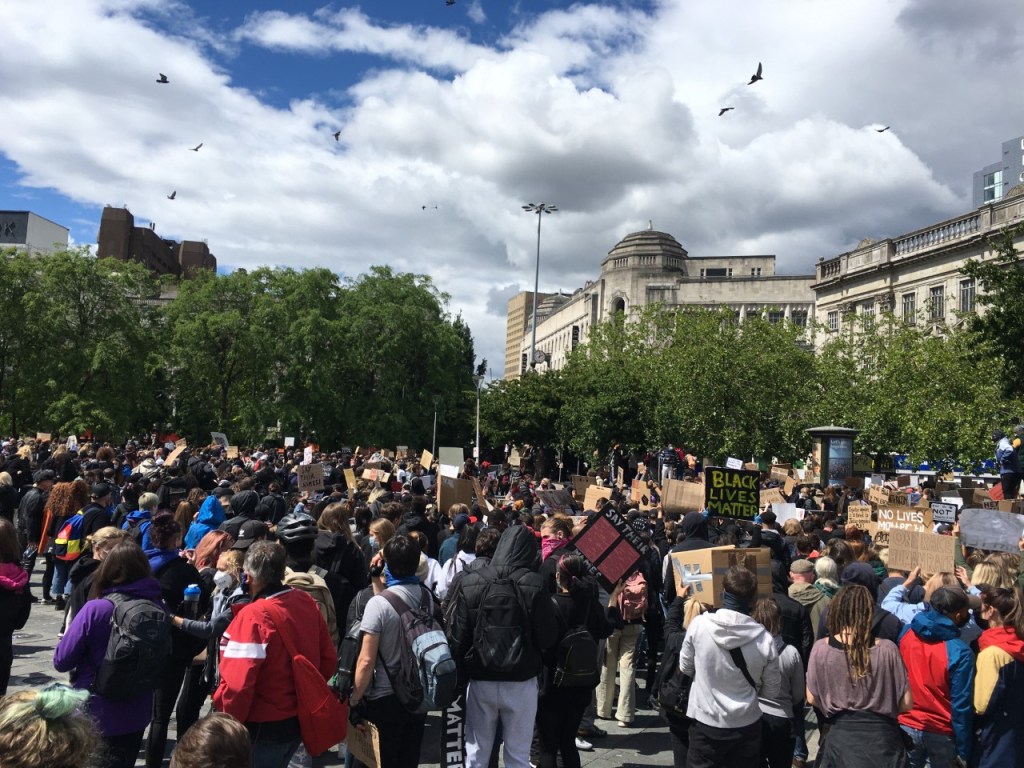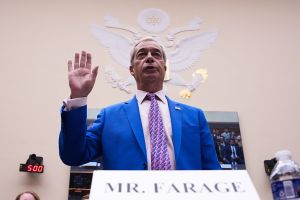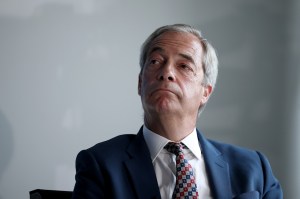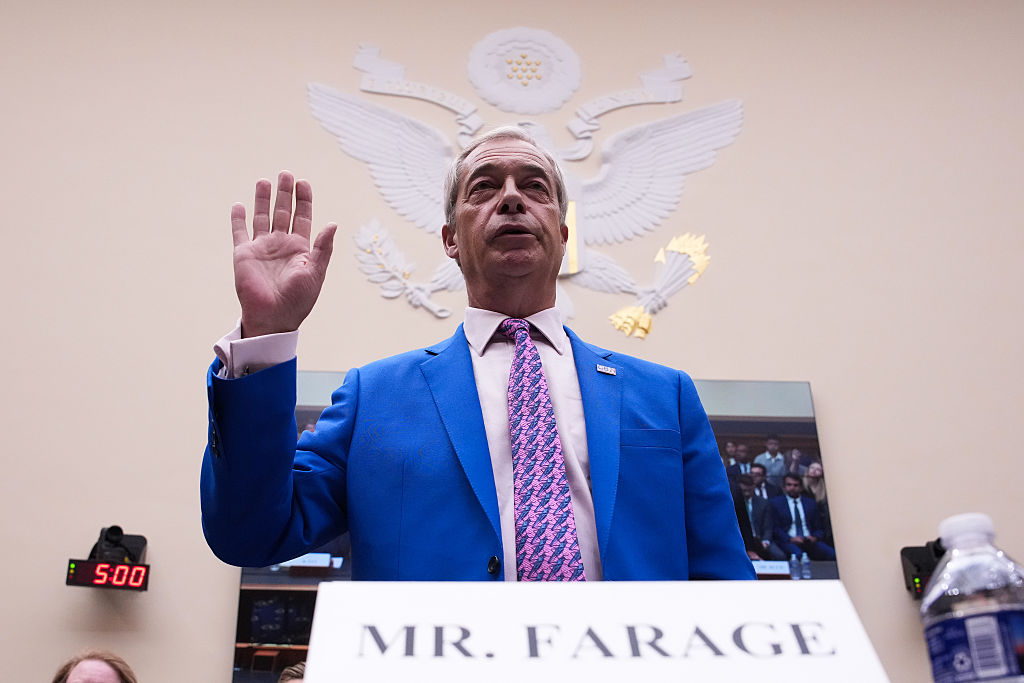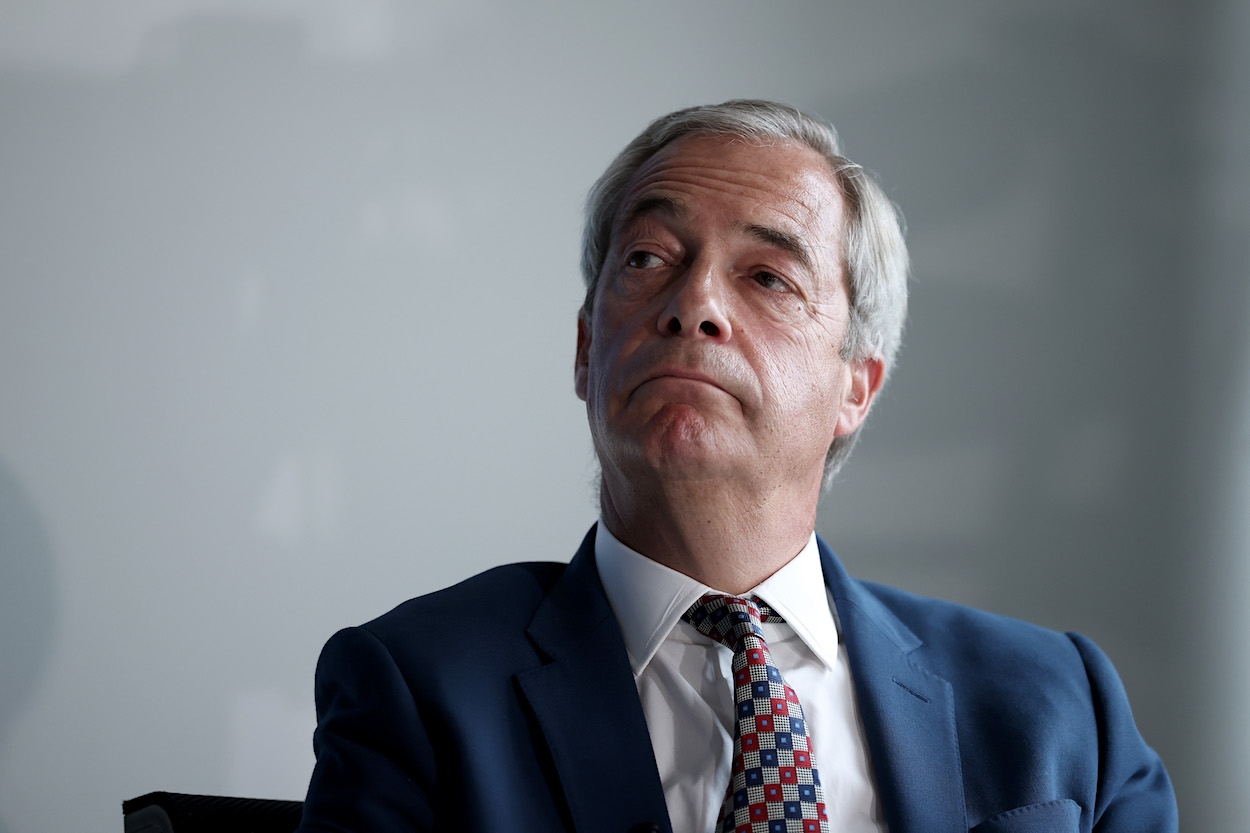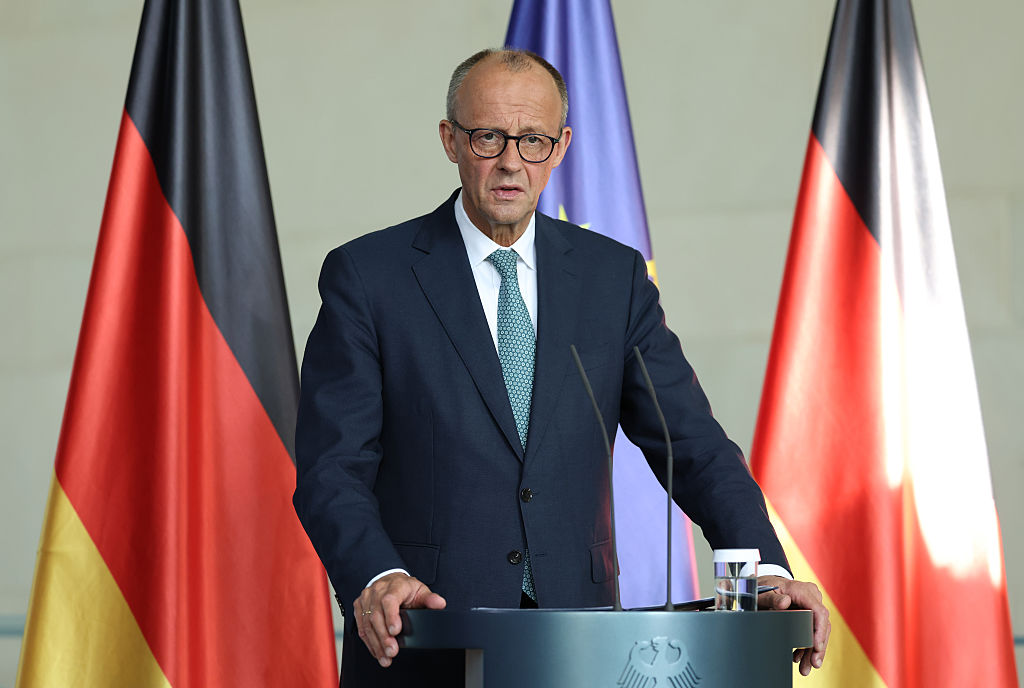The protest in Manchester on Saturday was supposed to be static and socially distanced. While that may not have worked out so well — leaving me somewhat yearning for Israeli efficiency as seen in the protests against Netanyahu’s annexation plans — it was still a success. The vast majority were wearing face masks and those who quite clearly wanted to distance were respected. The protest was peaceful (as far as I could tell). Police kept a respectful distance and protesters continued their respectful behavior. For that reason, it might not get much coverage: you’re more likely to read about those who deface monuments or confront the police. But to focus on them, now, is to miss a bigger point.
But why was I there at all? Why would anyone in Manchester protest against injustice in America? Mancunians have always seen and been part of the bigger picture. We do things differently — we have a powerful history of activism. In 1862, ‘The Working-Men of Manchester’ wrote to Abraham Lincoln, saying ‘justice demands for the black, no less than for the white, the protection of the law’. Yet 158 years later, Mancunians are still asking for the same. You could ask: why bother to take sides at all? But the idea that people should only care about (or protest against) conflicts that directly affect them doesn’t stand up to much scrutiny. We’re not a narrow-minded people.
If the UK has such a ‘special relationship’ with the United States, it needs to use its status to call out what we see in America. We continue to export licenses worth millions of pounds for the sale of anti-crowd riot gear, including rubber bullets — quite lightly named but savage in impact — which US police have used to attack protesters. Dominic Raab, whose job as Britain’s foreign secretary is to respond to international events, has labeled the movement a ‘distraction’. As Kate Andrews says in this week’s Spectator podcast, this isn’t just about George Floyd but ‘the countless black men that he represents’. Trump should have come down on the side of the peaceful protesters. So could Raab.
The unity, shown by protests all around the world is quite something. A friend of mine who spoke at Saturday’s rally said ‘the support that you have shown for your black brothers and sisters is something I never thought I would live to see…I have seen unity and this is what it looks like’. And she was right. You could argue that I shouldn’t be writing this piece, that I’m taking a voice away from the black community. I understand that argument, and it made me think twice about picking up my pen, but it shouldn’t be black people’s voices alone calling out racism. It is a white problem, a system created by white people that is failing them. If you care about the cause — as an ally — then you need to be active, not leave it to those directly affected to do all the hard work.
[special_offer]
The protests also give us a chance to reflect on things here. In Manchester, police are 3.5 times more likely to use force against a black person than a white person. Black people in England and Wales are nearly 10 times more likely to be stopped and searched than a white person. Meanwhile, national figures show black people are nearly twice as likely as white people to die either during or immediately after having contact with the police. More recently, almost 40 percent of BAME doctors have still not been given the coronavirus risk assessments they were promised. I can understand people who are frustrated with protests. I am too: we shouldn’t need them in 2020, but we do.
This article was originally published on The Spectator’s UK website.



